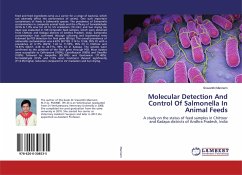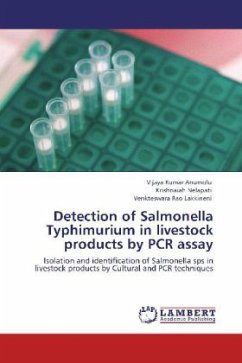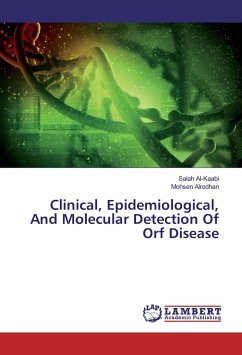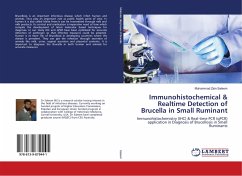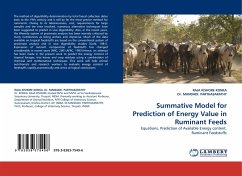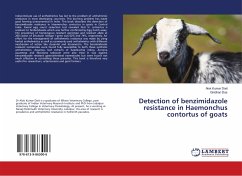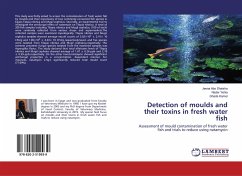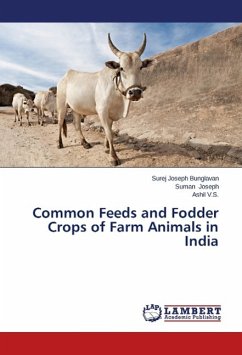Feed and feed ingredients serve as a carrier for a range of bacteria, which can adversely affect the performance of animal. One such important contaminant of feeds is Salmonella species. The prevalence of Salmonella contamination in composite animal feeds and the efficacy of Formaldehyde (0.5% & 1.0% w/w for 24 h); UV irradiation (10 min); and Sun drying (six days) was evaluated in 109 composite feed samples, which were obtained from Chittoor and Kadapa districts of Andhra Pradesh, India. Salmonella contamination was confirmed through culturing and biochemical tests followed by PCR detection for final gene (85 bp). The overall prevalence of salmonella contamination was 6.42% (07/109; 3.14 to 12.66, 95% CI) with a prevalence of 4.17% (03/72; 1.43 to 11.55%, 95% CI) in Chittoor and 10.81% (04/37; 4.28 to 24.71%, 95% CI) in Kadapa. The isolates were confirmed by the presence of the fimA gene through PCR. Most isolates were susceptible to Ceftriaxone (100%), Ciprofloxacin (100%) and Oxacillin (100%) followed by Ampicillin (85.70%) and Gentamicin (71.40%). Formaldehyde (0.5% and 1.0% w/w) treatment showed significantly (P<0.05) higher reduction compared to UV irradiation and Sun drying.
Bitte wählen Sie Ihr Anliegen aus.
Rechnungen
Retourenschein anfordern
Bestellstatus
Storno

